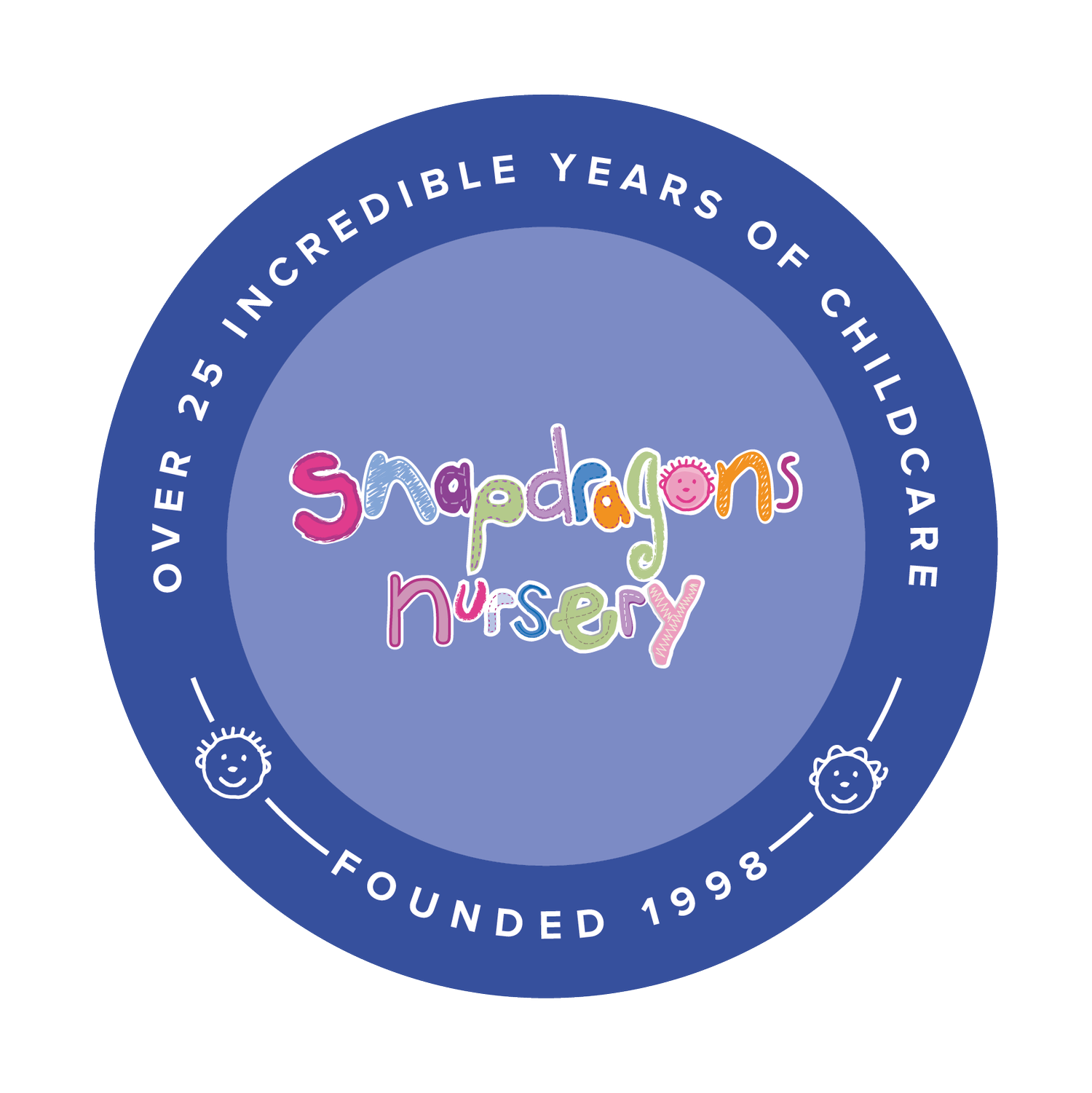Splish, splash, splosh!
The other weekend, my husband and I were in charge of our grandchildren, Poppy, aged 4, and Parker, 22 months. Of course the weather helped by doing its best and poured all weekend, so any well-laid plans were hastily changed.
Wet weather gear was put on and out we went. I had forgotten the pure joy that jumping in puddles can bring. The grandchildren took great delight in finding the largest puddle and jumping as many times as it took to empty it. Squeals of delight and joyous laughter could be heard for miles.
The grandchildren then found some leaves and spent ages watching them float and being carried along until, eventually, they lodged at the edge of the puddle creating a dam. Sticks were then sought to extend the dam and then there were more squeals of delight when the dam burst and the water ran over their wellies.
Without realising it my grandchildren were learning so much and when we got home they talked endlessly about it. Questions about where the rain comes from, where does it all go, why is it that colour? Was it warm, how much water is there when it rains, can you drink it? The questions didn't stop.
As it was raining again the next day, water play was the plan; the children thought of ways of collecting the rain, ways to measure it, etc, to answer their own questions, mainly from Poppy the older grandchild. Parker was happy following his older sister in all her play.
All of this made me think, how we can support children's play with very few resources, using what is around us. Next time it's been raining, get outside and see what fun you can have. Dropping stones in a puddle to listen to the noise, seeing how big the ripple can be and what happens when you use bigger or smaller stones? Find some leaves and twigs to make small leaf boats that can float; use stones to make rapids on the river; think how and what we can collect water in, how we can re direct it, make it move slower or faster.
Next time I was in one of the nurseries, I checked to see how water was being used. One room were tipping, pouring, dripping water into a variety of different receptacles, the water had glitter in it to add another dimension. There was a range of alliterative vocabulary: "plop", "splish", "splash" and "splosh" as well as early maths language like "lots of", "more water", "big", "small", and lots of counting.
In another room, they were washing dolls in warm, bubbly water. Children were tenderly washing the dolls, keeping the bubbles away from their eyes. Washing the dolls' hair took a lot of skills, pouring the water on, making a lather and rinsing it off. Others were drying the dolls and dressing them and some children could be heard talking and singing to their dolls. So many skills from just a bowl of bubbly water.
Outside, children were making magic potions with water, leaves, sticks and feathers. In the mud kitchen, children were happily mixing dirt and water to make 'cakes'. One practitioner had filled trays with water and children were lining up to splash in the 'puddles'. Guttering was in use, children were making a track for the water to travel down. It was wonderful to see them working together, telling each other what to do, helping each other and developing the play. They decided to see how far the water could travel and soon worked out that sloping the guttering helped.
So, next time you look outside and it's raining, imagine all the endless fun you can have!



